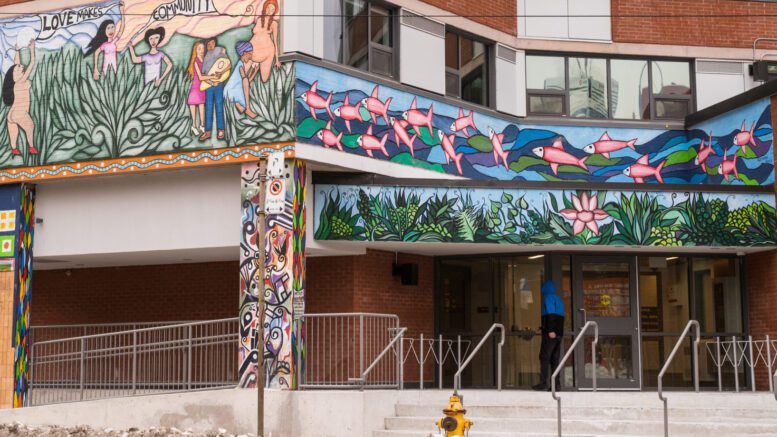Have you ideas for solving the city’s housing crisis and want to influence public decisions? You might be one of the people Toronto is looking for.
On Sept. 8, the city opened applications for a new Housing Rights Advisory Committee (HRAC), a body of 12 members to give advice to the city council about Toronto’s current housing crisis.
The move has won support from some housing advocates.
“I am very pleased to see the city has established the HRAC in order to draw on the expertise and wisdom of people with lived experience of housing precarity, and the agencies and organizations that work with communities,” says Annie Hodgins, executive director of the Canadian Centre for Housing Rights, which conducts advocacy and research across the country to support renters.
Applications will be open until Oct. 13, and the committee should start working around the end of 2023 and beginning of 2024.
Candidates must live in Toronto be at least 18, have skills in understanding and navigating sensitive public issues, and present knowledge of the current housing situation and a human rights-based approach.
Members will be responsible for advising councillors and the mayor on policies, programs, and other actions the city can take to ease housing vulnerability and realize the right to adequate housing.
They will focus on the understanding of how systemic barriers and discrimination can affect those most vulnerable who need housing.
The city is facing an urgent need for emergency housing services and shelters, says Steve Doherty, executive director of Youth Without Shelter.
“We were turning away over 80 people a week,” he said. “Sometimes 350 people a month were being turned away because we simply don’t have space.”
During the first nine months of 2023, four main types of sheltering served communities in the GTA:
Doherty highlighted how the issue affects people from the ages of 18-24.
“The biggest thing is because they are on their own and they are young,” he said. “Landlords often look for references and credit scores, something many of them don’t have.”
Diverse community members sought
The new advisory committee is to have at least two youth members.
The program will also seek applicants from multiple communities to reflect the city’s diversity. The plan is to have only one member of the city council, with the rest including Torontonians who have dealt with housing insecurity, people with disabilities, Indigenous peopler, and members of the BIPOC and 2SLGBTQ+ communities.
“The housing crisis continues to disproportionately impact vulnerable and marginalized residents,” Toronto media representatives said.
The housing advisory initiative is part of the city’s public appointments program, which gathers opinions and insights from residents to influence decisions and policies made in City Hall.
“We applaud the mayor’s office for understanding tenant rights, but we also want that balanced without the rights of landlords,” Doherty said. “It is always a fine line.”
The commitment comes from the Toronto Housing Charter, adopted by the council in 2019 and part of the city’s 2020-2030 Action Plan (HousingTO).
The chair of the committee will have to be a member of the public specifically hired for that position, and the vice chair will be voted on at the first gathering. They will be required to meet at least four times per year.
Members will receive an honorarium of $125 per meeting.


